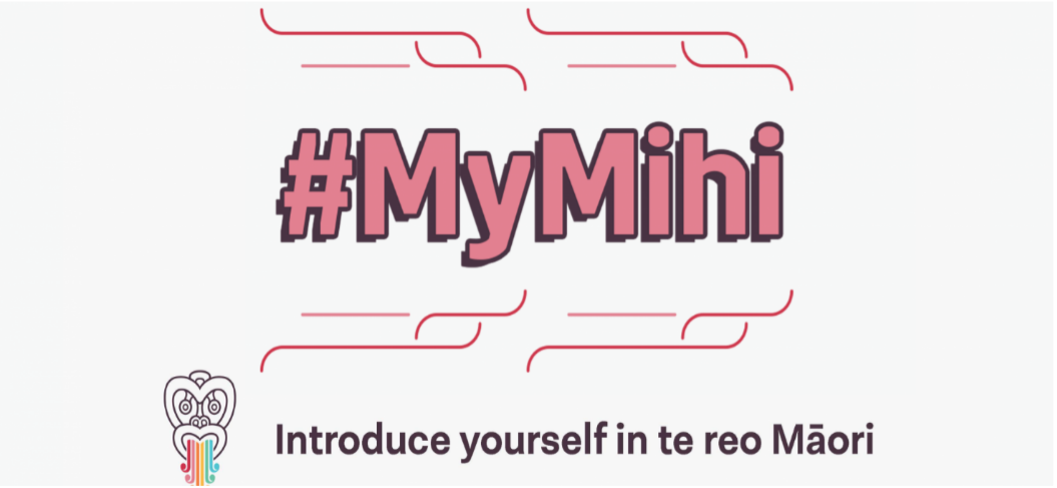How a quick and easy greeting can be used to enhance cultural safety in clinical practice. Part of the BJSM’s ‘Young clinician blog series’.
“Kia ora. Just before beginning, I would like to introduce myself if that’s okay? My name is Callum Law and I’m 25 years old, Pākehā (white), and currently studying towards my Master’s in Physiotherapy. I was born in Plymouth, England, but was raised by my two parents in Wellington, New Zealand, alongside my older sister. I’m hoping to return to Wellington next year with my girlfriend and squeeze in all of the kayaking, surf, and sports that the windy city allows. I’m sharing this with you as I’m continually trying to develop awareness of how my privilege, biases, and culture, may influence my interactions with clients, and their health outcomes. Please feel free to share anything about yourself if you would like?”
Above, reflects a similar introduction as to how I begin consults; by sharing information that depicts a part of my culture and giving others the platform to do so also. This approach is something that I’ve adapted from Tikanga Māori (Māori culture) as a practical means to aid my culturally safe practice, and I intend to share why.
Cultural safety in Aotearoa New Zealand
Globally, health inequities remain prevalent amongst indigenous and minority groups3. Within New Zealand, Māori have the worst health status of any ethnic group, even when adjusting for socioeconomic discrepancies.4 In part, this is consequential to the power imbalance between client and clinician, often fuelled by the clinician’s unconscious bias4. Health inequities are further exacerbated by poor communication, a lack of shared decision-making, a lack of respect, and a lack of trust between parties4. Culturally safe practice aims to rectify health inequities by reflecting and acknowledging the barriers to effective health care that stem from inherent power imbalance between client and clinician5. Additionally, cultural safety involves the acknowledgement of one’s own culture, whilst recognising and respecting the cultural identity of others6. Therefore, cultural safety should be central to all health providers practice as a means of promoting high-quality, patient-centred care, and health equity.
Developing culturally safe practices with Māori is essential for health professionals within Aoteroa New Zealand. One method that may be considered to improve cultural safety is learning one’s Mihimihi. In Tikanga Māori, a Mihimihi is an introductory greeting or speech which often involves sharing one’s Whakapapa (genealogy) and specific geological features pertaining to their identity7. A Mihimihi can be used to establish ties between individuals by sharing culturally significant aspects of themselves. It is becoming better recognised that health practitioners should not solely focus on learning other’s cultural practices but aim to acknowledge their own cultures and how these may influence interactions. Therefore, even though learning one’s Mihimihi could be a productive step towards promoting Māori culture, we don’t necessarily have to emulate this cultural practice to ensure cultural safety, but rather acknowledge and learn from it. One way of doing this may be adapting the Mihimihi for universal clinical use by adopting the concept of sharing cultural identity as a way of greeting clients.
Applying a Mihimihi inspired greeting in clinical practice
If you’re wondering where to begin in sharing your cultural identity, Te Taura Whiri I te Reo Māori (The Māori Language Commission) has recently been encouraging people to learn their Mihimihi under the social media hashtag #MyMihi7, which is one place to start. Image 2 provides a framework on which you may wish to base your approach. The format I used in the first paragraph is one of many examples. What you consider sharing with your clients might be something very different, something verbal, visual, or physical, that represents yourself much better. There are many approaches you may take towards sharing a part of your cultural background with clients. Regardless of the approach, sharing something personal will take a step towards acknowledging your cultural influences and help to create a culturally safe environment for consultation. Sharing personal information is also exposing and demonstrates a vulnerability similar to that experienced by clients when sharing information with a health professional. Consequently, this may help in dismantling the power imbalance between clinician and client, and with it, its negative influence upon health outcomes.

Since first utilising this approach, I perceive that can develop a stronger and more trusting partnership with clients. Providing each other with cultural background has helped to establish links, acknowledge differences, and develop new ways to collaborate across cultures. In some cases, individuals have used the safe environment to open up about their comfort with exposing body parts, physical touch, belief’s surrounding their presentation, and expectations from treatment. Learning about client’s families, friends, upbringings, religions, and experiences, whilst considering my own, aids my culturally safe approach to treatment every day.
Concluding thoughts
The Māori customary practice of a Mihimihi provides an effective framework for sharing a part of one’s cultural identity. Universally, we can learn from this practice by embracing our own culture whilst acknowledging other’s to facilitate a culturally safe environment. By itself, adopting this approach does not assure cultural safe practice. However, it does provide an efficient method to greet clients that may improve partnerships across cultures.
Ngā mihi nui,Callum Law
Author and Affiliations:
Callum is a Physiotherapist from Wellington, although has spent most of 2021 working out of Dunedin whilst working and studying towards his Master’s in Physiotherapy at the University of Otago, Aotearoa New Zealand. Callum’s post-graduate studies challenged him to explore novel and innovative approaches to practice, providing Callum with the platform to explore his own believes surrounding the importance of building a strong client-clinician relationship, of which he considers cultural safety to form the crux of.